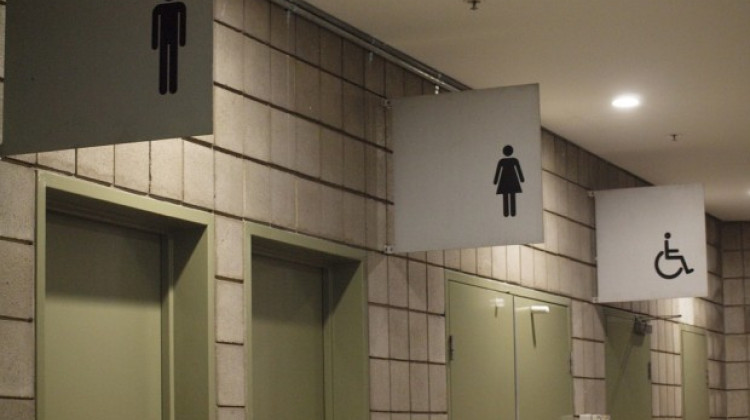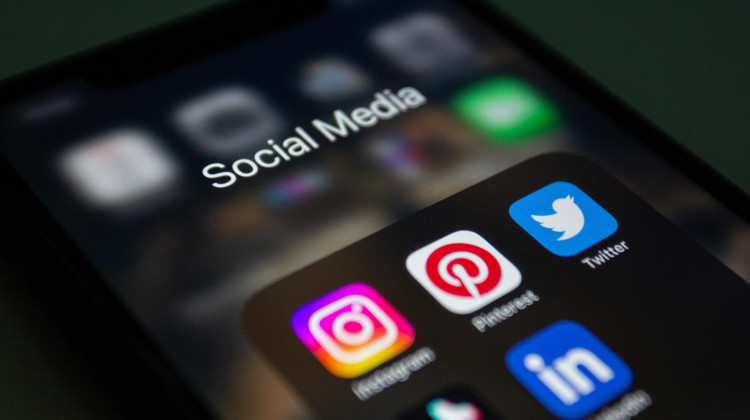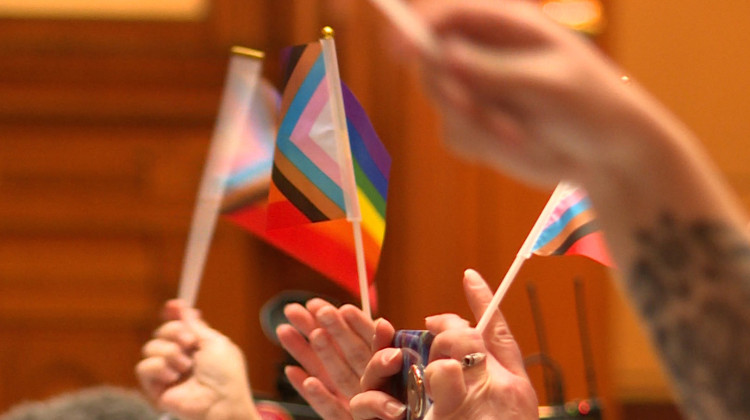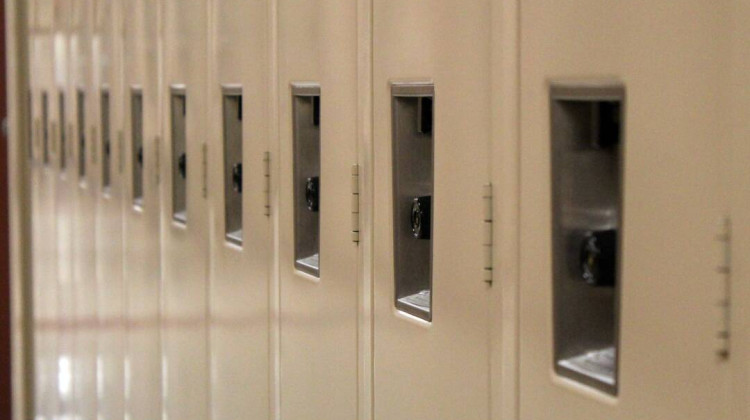
A circuit court upheld the trial court's decision that students must be able to use the bathroom that aligns with their gender identity.
PixabayAn Indiana school district is asking the U.S. Supreme Court to review a case concerning a student’s right to use the bathroom that aligns with their gender identity. A potential Supreme Court decision could set precedent for the rest of the country— if the court takes the case.
The 7th Circuit Court of Appeals upheld a decision against MSD of Martinsville that says students must have access to the bathroom that matches their gender identity.
Martinsville’s lawyer recently filed a petition to the U.S. Supreme Court alleging that the Seventh Circuit misinterpreted the law.
Steve Sanders, a law professor at Indiana University, said the Supreme Court only hears a small fraction of cases, but it might review this one.
“I don't think it's a slam dunk, but I think there is a significant chance the Supreme Court will agree to take this case,” he said.
He said the Supreme Court might clarify the law since the 11th Circuit Court of Appeals – which covers Florida, Georgia and Alabama – came to a different conclusion than the 7th and 4th Circuits.
He also said Martinsville’s lawyer, Paul Clement, might increase the odds that the court takes the case. Clement was the U.S solicitor general under George W. Bush and has argued high-profile cases in front of the Supreme Court before.
“The Supreme Court grants a very small, something like 5 percent of all the cert petitions that are filed with it,” Sanders said. “Usually the numbers are against you. But when you're Paul Clement and you have the kind of record he has, you know, he has a better average of getting cert petitions granted.”
Join the conversation and sign up for the Indiana Two-Way. Text "Indiana" to 73224. Your comments and questions in response to our weekly text help us find the answers you need on statewide issues, including our project Civically, Indiana.
According to lawdork.com, Martinsville paid Clement a flat fee of $100,000 to petition the Supreme Court. The district will pay him an additional flat fee of $100,000 if the case is reviewed by the court.
The U.S. Supreme Court is typically asked to review more than 7,000 cases each year. Of those, it accepts about 100 to 150 cases.
Now that Martinsville has filed their petition, the opposition must file a response by mid-December. The child and their mother who filed the original lawsuit against Martinsville are being represented by the ACLU of Indiana.
Sanders said he thinks it is likely the ACLU will ask the Supreme Court not to rule on the case because they are satisfied with the 4th Circuit’s ruling and do not want it overturned. However, he said the Supreme Court may prioritize creating a uniform interpretation of the law for these types of cases.
“Because this is an activist conservative Supreme Court, I think they're probably not going to be content to just let this issue [drop],” he said. “This issue isn't going to go away.”
Sanders said the Supreme Court might not decide whether to review the case for several months. If the court does review it, the case will likely be heard between late spring and early fall.
Kirsten is the Indiana Public Broadcasting education reporter. Contact her at kadair@wfyi.org or follow her on Twitter at @kirsten_adair.
 DONATE
DONATE






 Support WFYI. We can't do it without you.
Support WFYI. We can't do it without you.